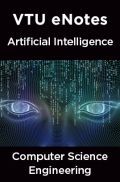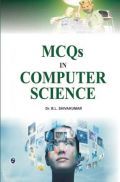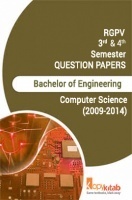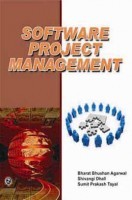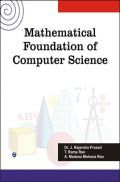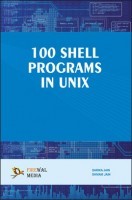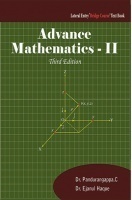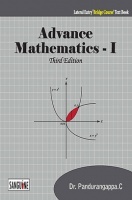Computer Architecture By Nirmala Sharma
Book Summary:
This book is divided into 8 chapters. Chapter 1, Digital Fundamentals covers the basic concepts which helps students to study Computer Architecture. Chapter 2, Register Transfer Language describes the basic hardware language. Chapter 3, CPU Organization deals with the basics of CPU. Chapter 4, Parallel Processing deals with the concept of Pipelining. Chapter 5, Computer Arithmetic describes hardware algorithms for basic operations. Chapter 6, Microprogrammed Control Unit deals with types of control units. Chapter 7, Memory Organisation deals with memory concepts and Chapter 8, Input-output Organisation focuses on Input Output Processor, DMA and IOP.
Audience of the Book :
For the Students of B.Tech Computer Engineering and Information Technology.This book is based on the latest syllabus prescribed by Rajasthan Technical University, Kota for B.Tech. V semester computer engineering, V semester Information Technology.The book 'Computer Architecture' is based on the syllabus prescribed by Rajasthan Technical University, Kota. This is useful for the students of MCA and BCA.
Table of Contents:
1. Digital Fundamentals
2. Register Transfer Language
3. CPU Organisation
4. Pipelining and Parallel Processing
5. Computer Arithmetic 6. Microprogrammed Control Unit
7. Memory Organisation
8. Input-Output Organisation







